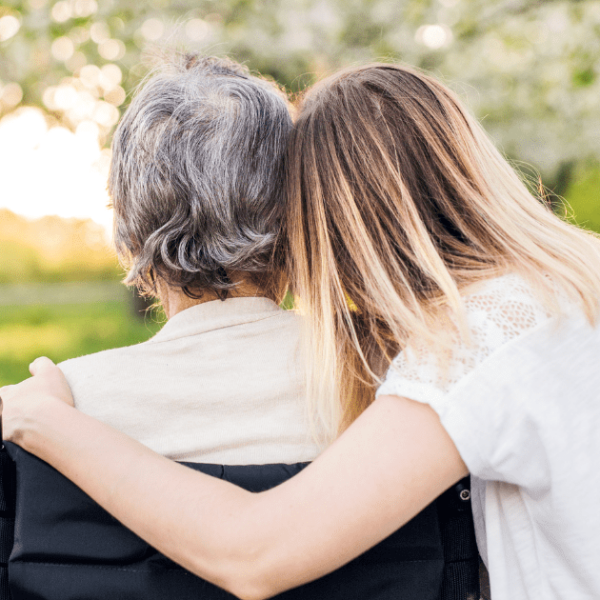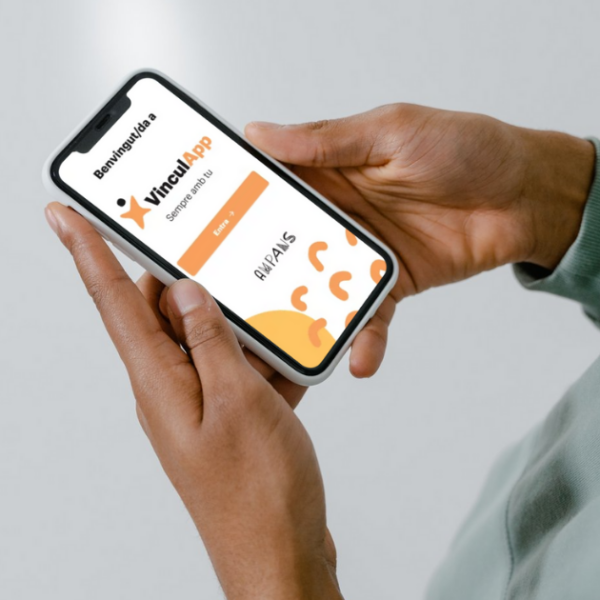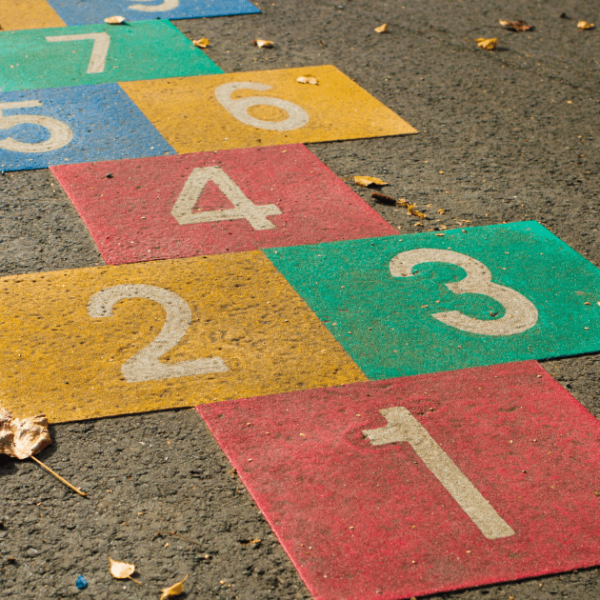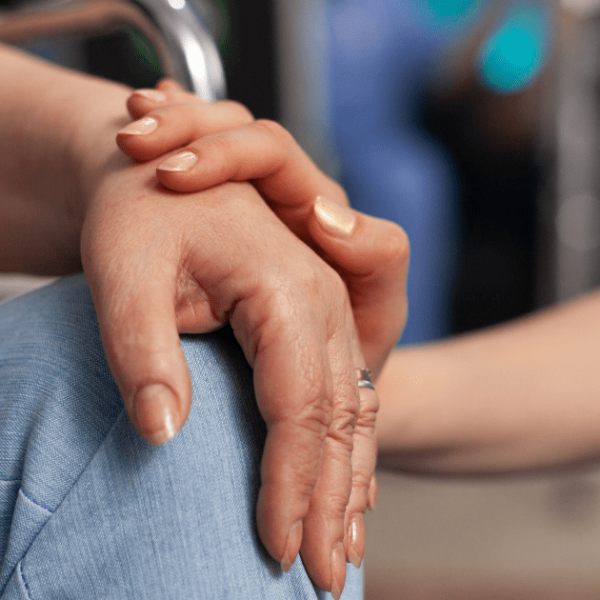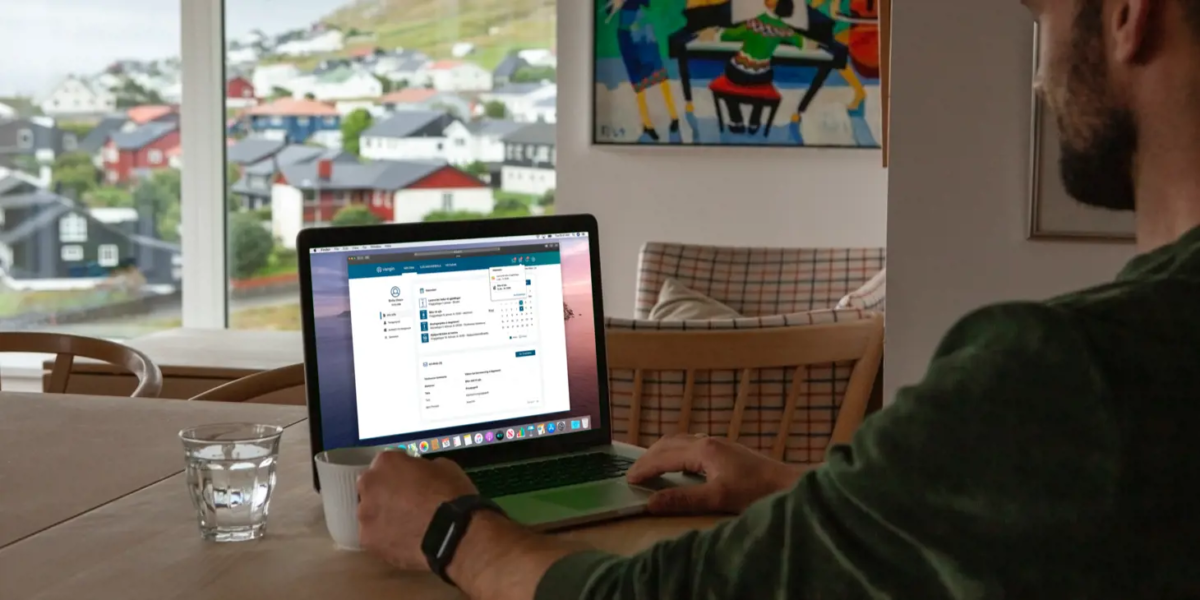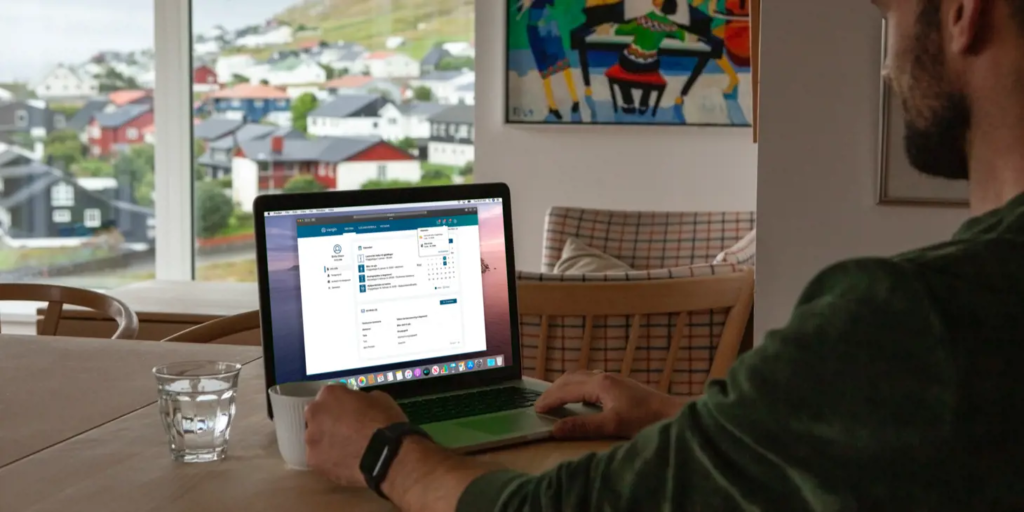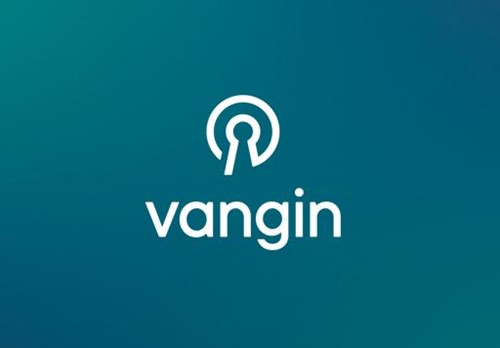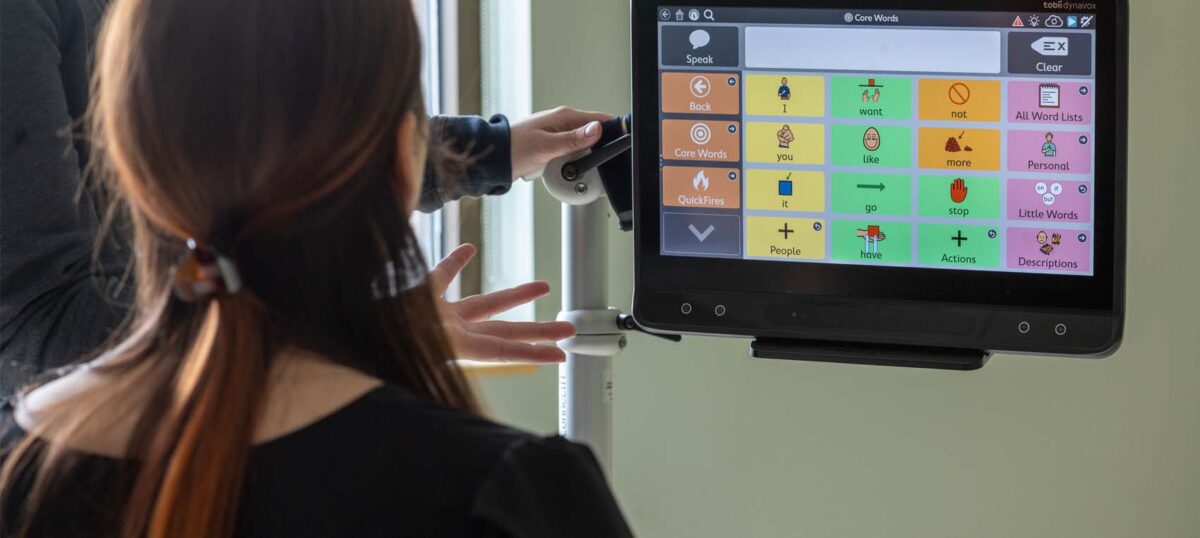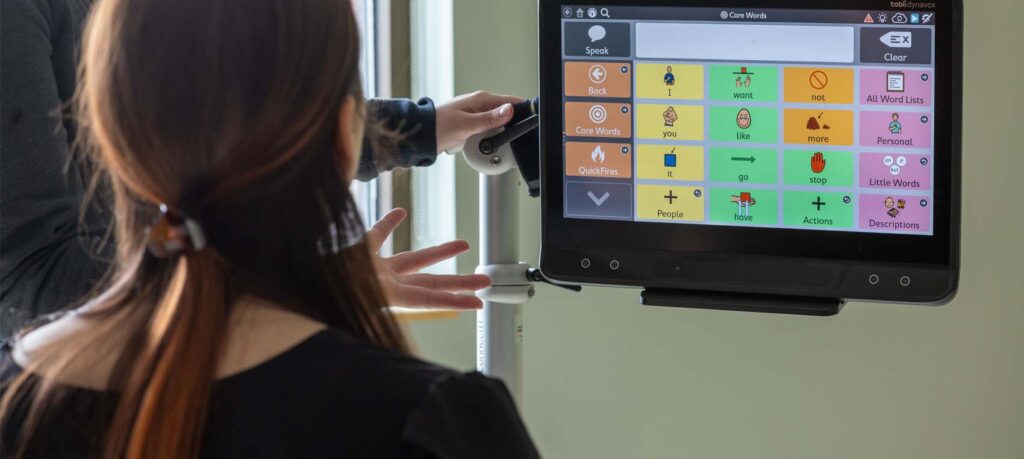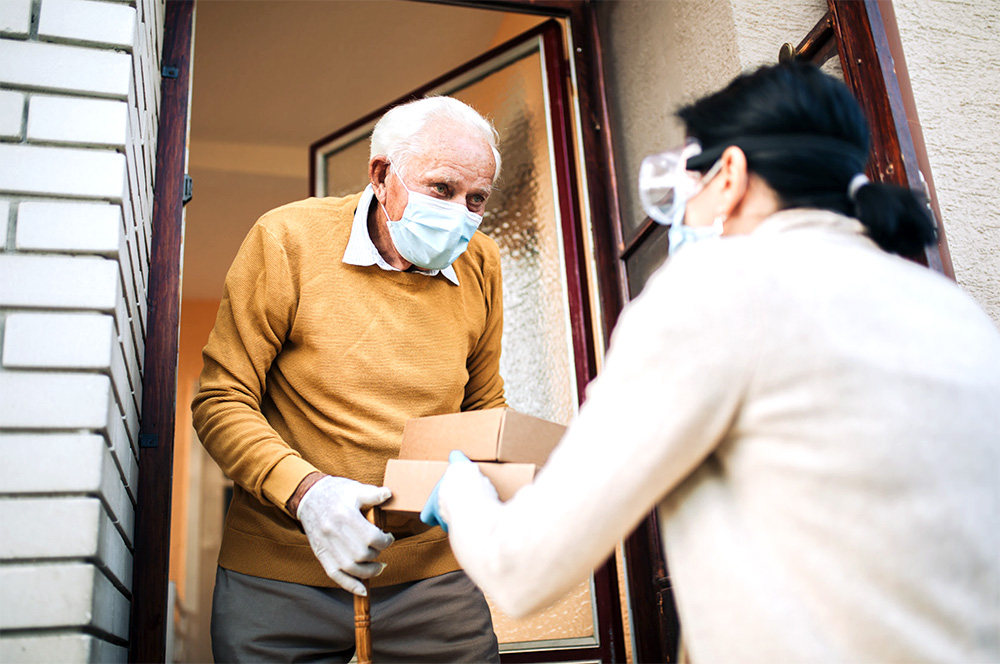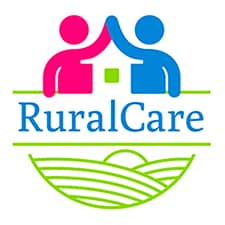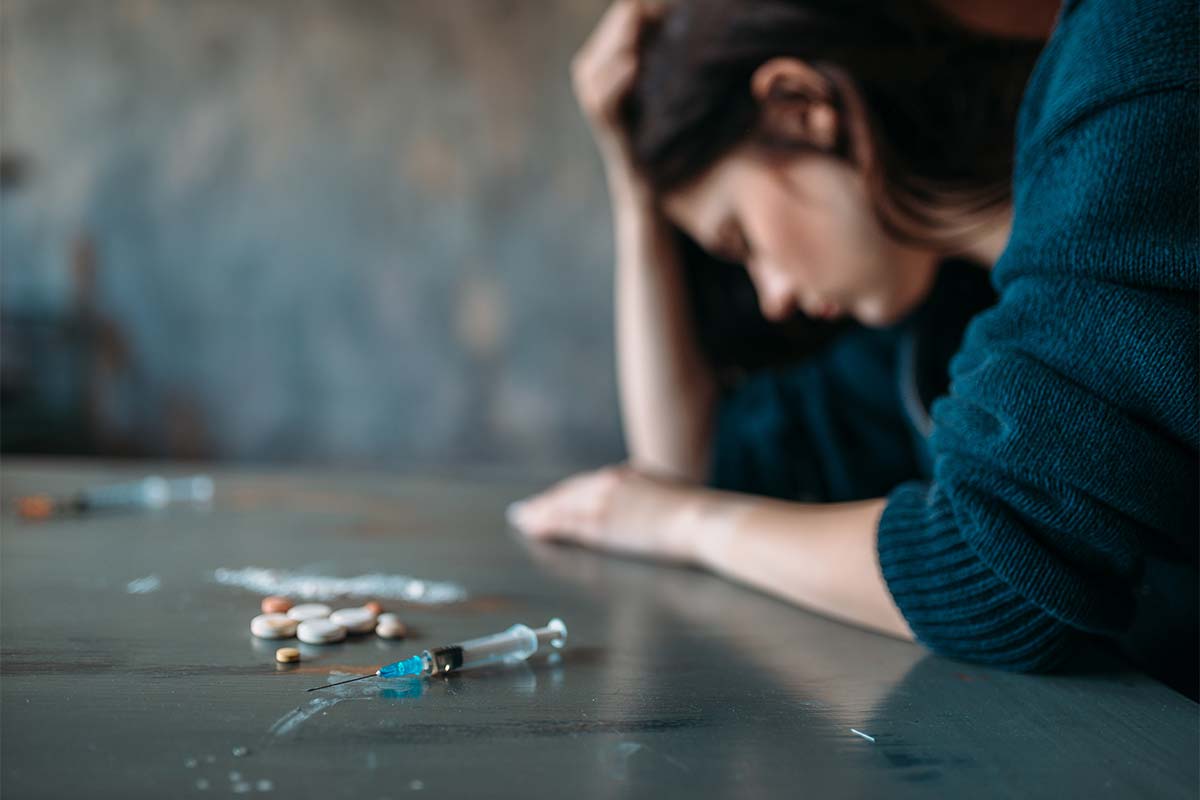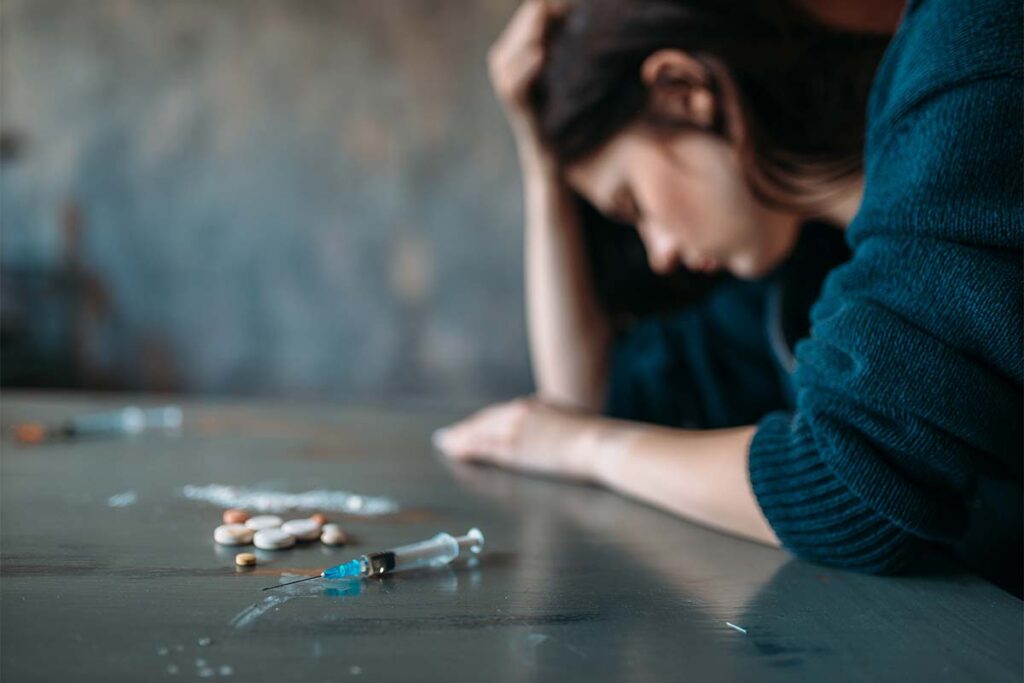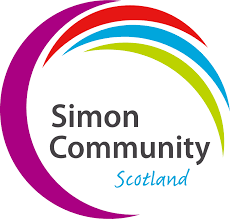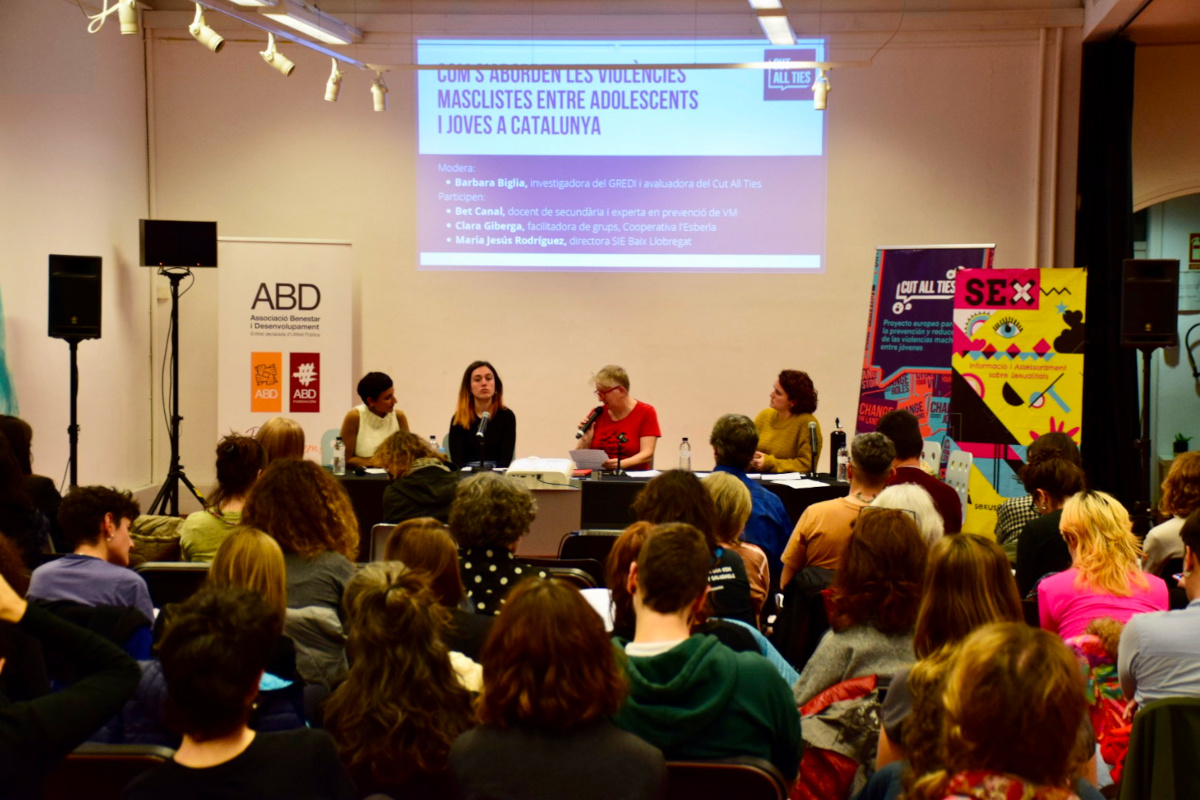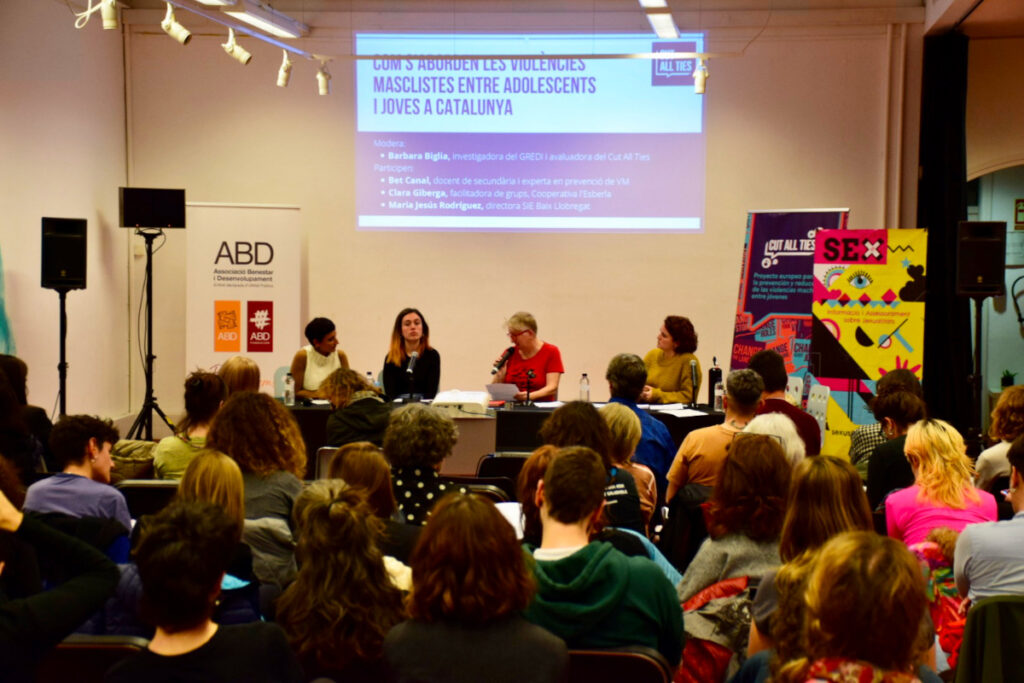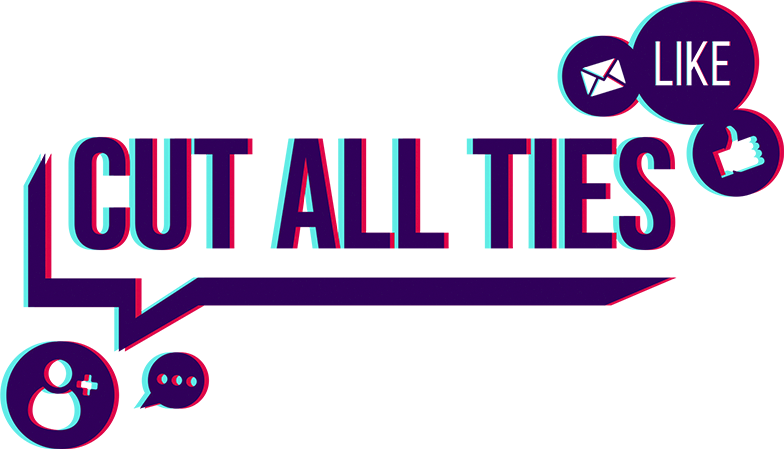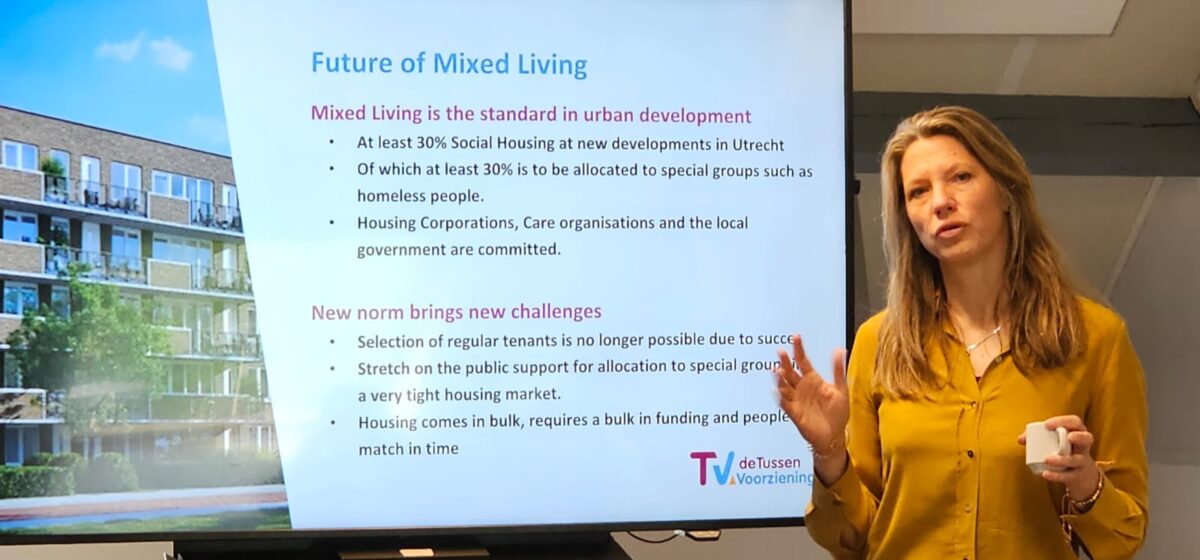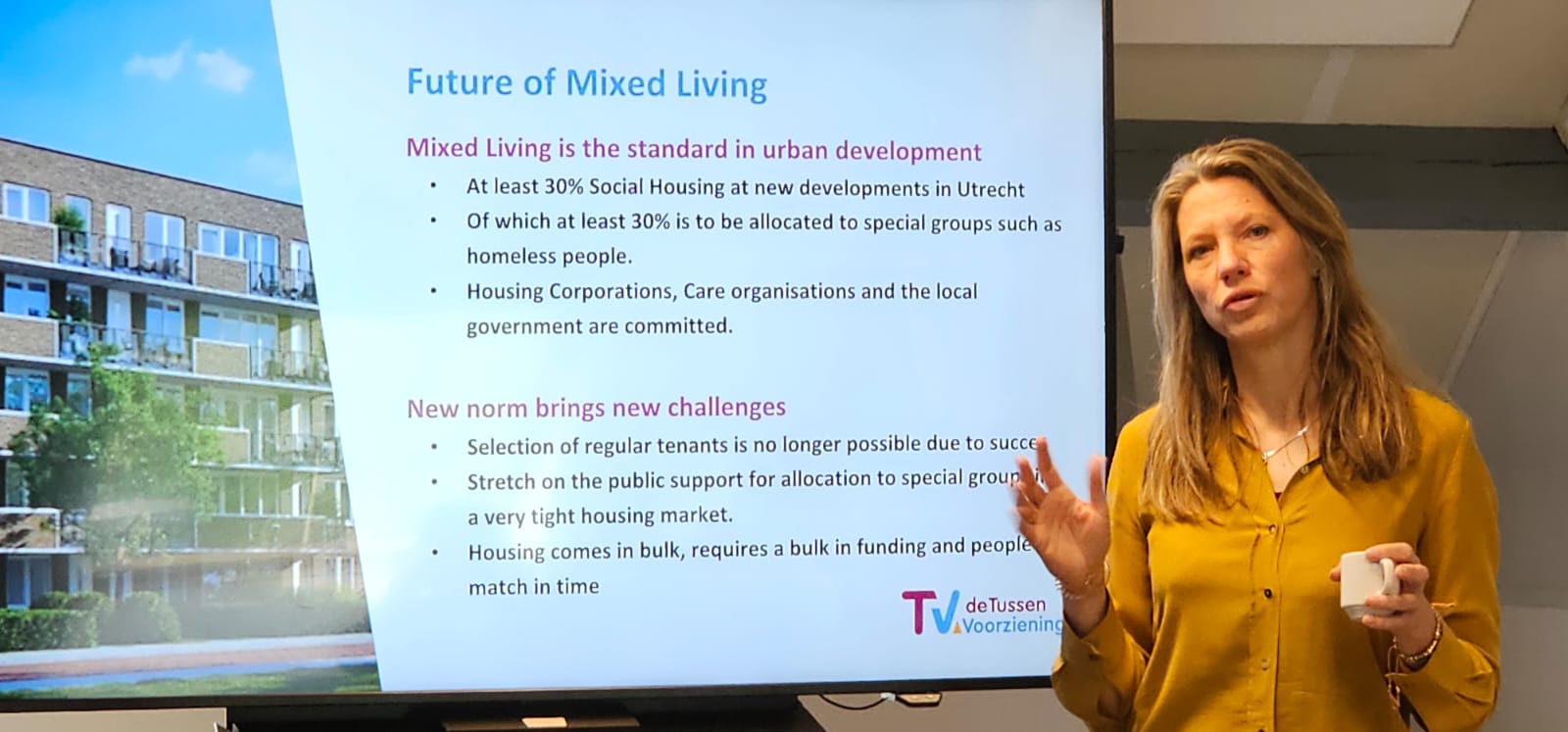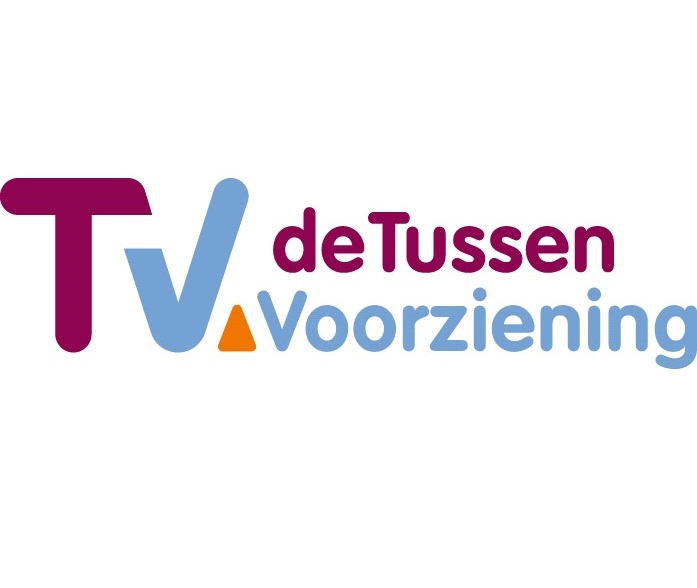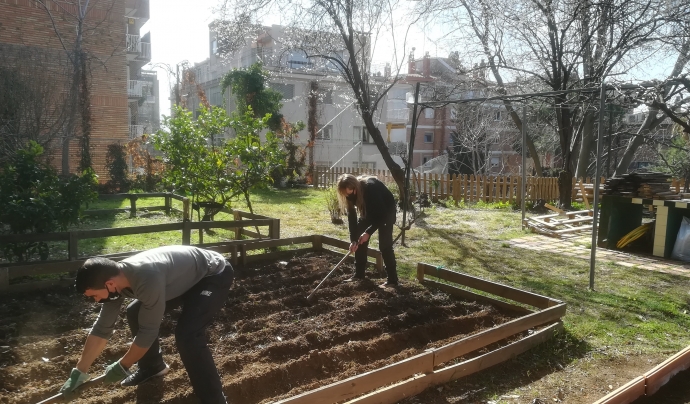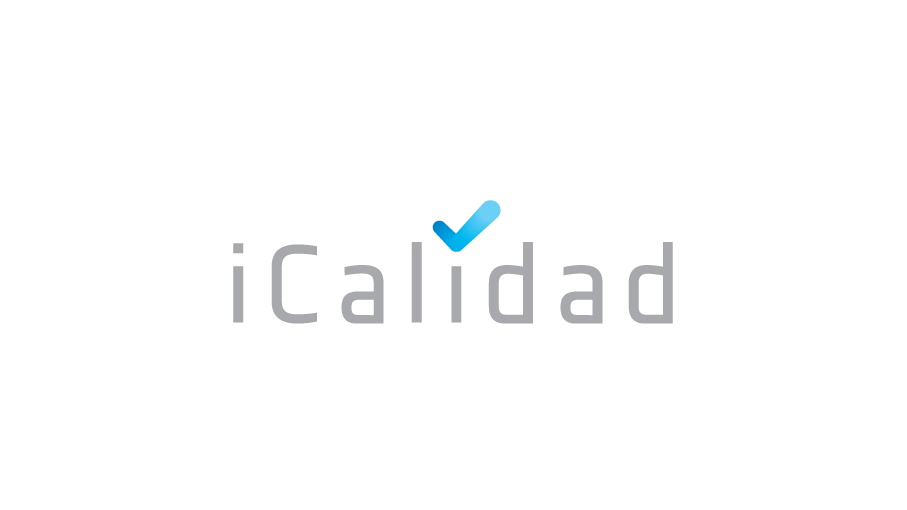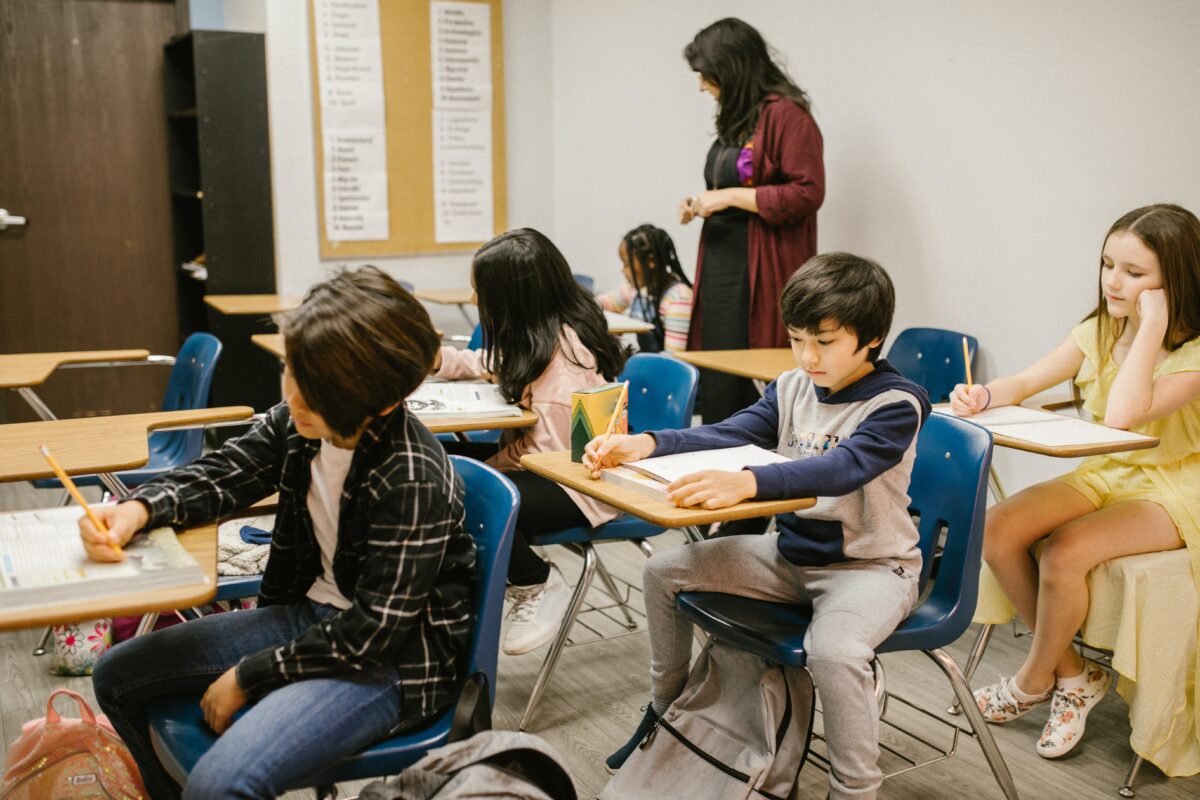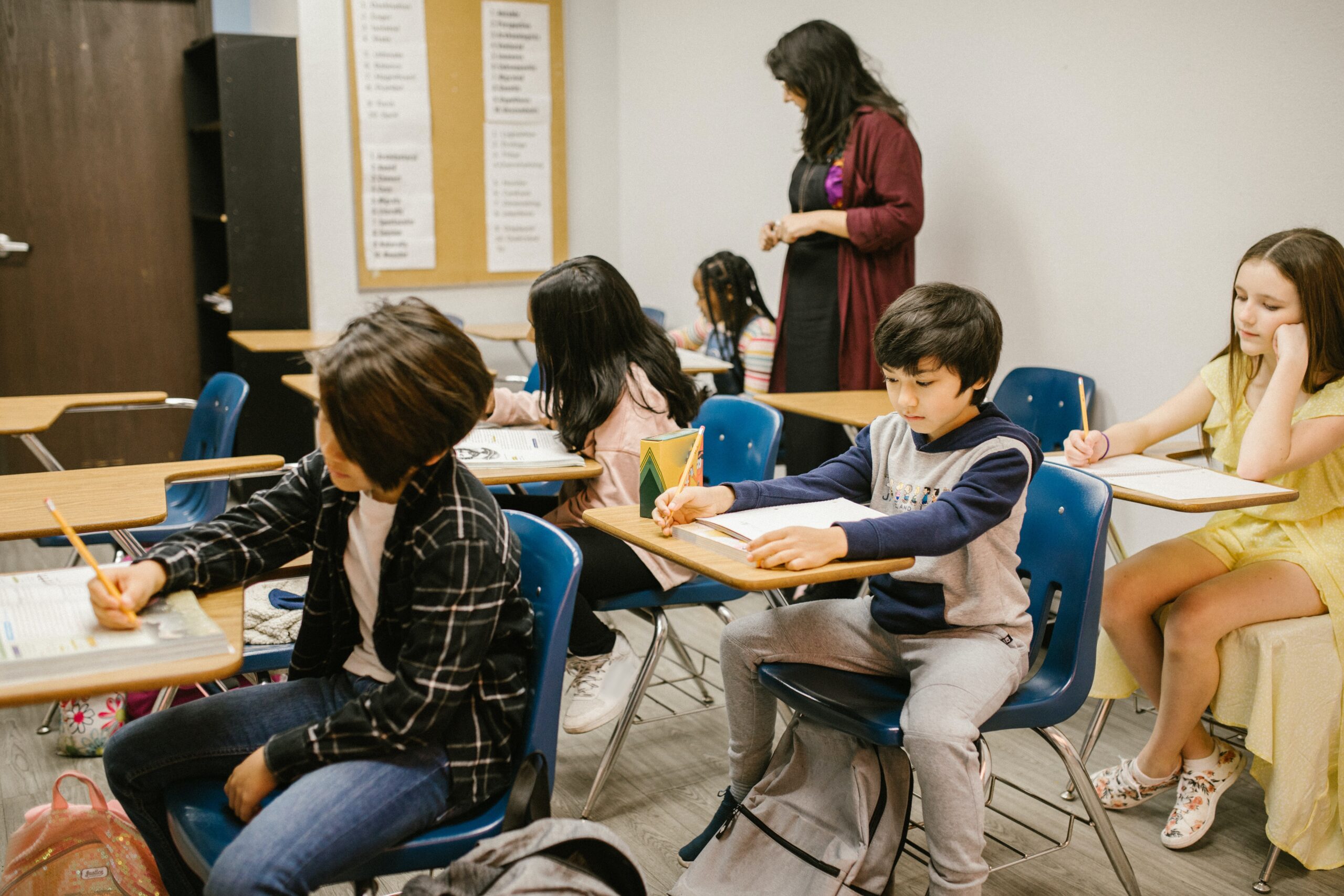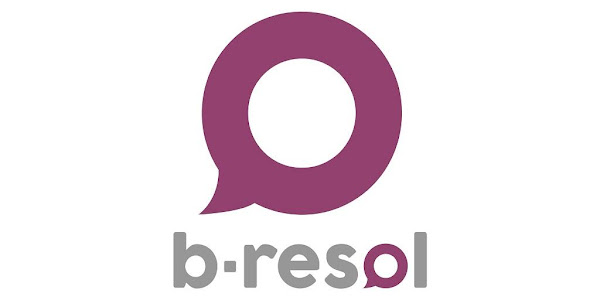Llar Casa Bloc, Social Housing and Support for Empowering Individuals in Vulnerable Situations
Llar Casa Bloc, Social Housing and Support for Empowering Individuals in Vulnerable Situations
Hàbitat3
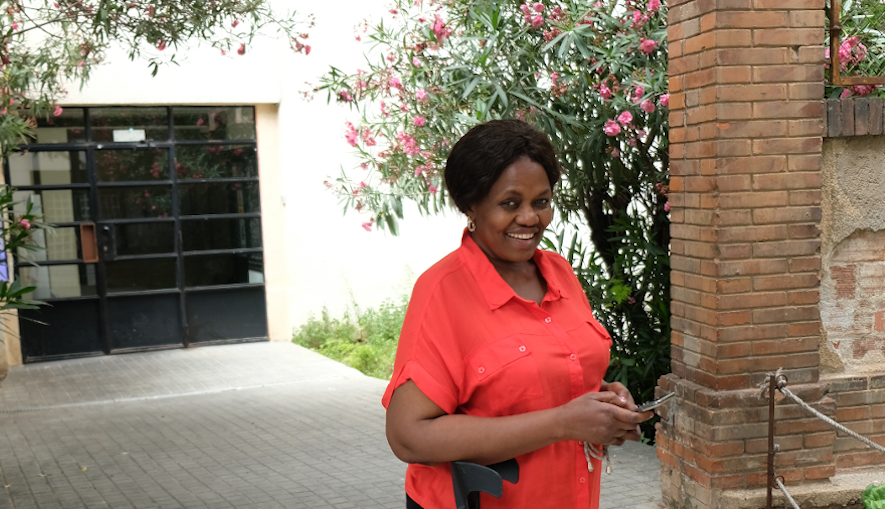
Project for the Promotion and subsequent management of 17 inclusive social housing units (social rent with support for individuals), jointly managed with Third Sector social organizations.
Access to housing is a fundamental element in ensuring the dignity of individuals and enabling their development. Nevertheless, many members of the community are living in insecure or inadequate housing conditions, or find themselves homeless or facing eviction, making them highly vulnerable. These circumstances not only directly impact their quality of life but also hinder their ability to secure employment, education, and social integration.
Llar Casa Bloc aims to address these challenges and provide a robust response for individuals in vulnerable situations. In the first phase, which began in 2020, the project, led by Hàbitat 3, initiated the rehabilitation of the renowned social housing complex Casa Bloc, designed by the pioneering architects of GATPAC in the 30s. In the second phase, ongoing since 2021, the 17 social housing units have been allocated to individuals in situations of high vulnerability, who are supported by specialized social support teams from various organizations, ensuring a proper process of social inclusion.
Currently, around forty individuals with diverse circumstances and needs reside in Llar Casa Bloc, including people evicted and referred by the Emergency Services Table of the Barcelona City Council, women who have experienced situations of gender-based violence, individuals with mental health issues or intellectual disabilities, and those with physical disabilities. All of them pay rent according to their income level and are supported by the respective organizations.
Furthermore, the building features technological measures to ensure a reduction in the digital divide and energy empowerment, such as WiFi installation and digitalized energy monitoring systems to supervise the comfort level of the 17 social housing units.
Characteristics of innovation
Location
Catalonia
Partners / Funders
Fundació Astres, Prohabitatge, Provivienda, Esclat, Sant Joan de Déu, Programa Primer la Llar (Barcelona City Council), Mesa de Reallotjament d’Emergència (Barcelona City Council)
Genesis
Llar Casa Bloc arises as the result of a public-private collaboration. The Housing Agency of Catalonia (AHC) transferred the former Residence for Widows and Orphans of Military Personnel to the Hàbitat3 Foundation, which, in 2020, carried out the renovations to rehabilitate the building and redesign the first and second floors to create 17 social housing units. Once the space was remodeled, Hàbitat3 granted the use of the housing to social organizations and municipal housing programs to accommodate and provide support to individuals in vulnerable situations.
Level of implementation
The project has been fully operational since February 2021
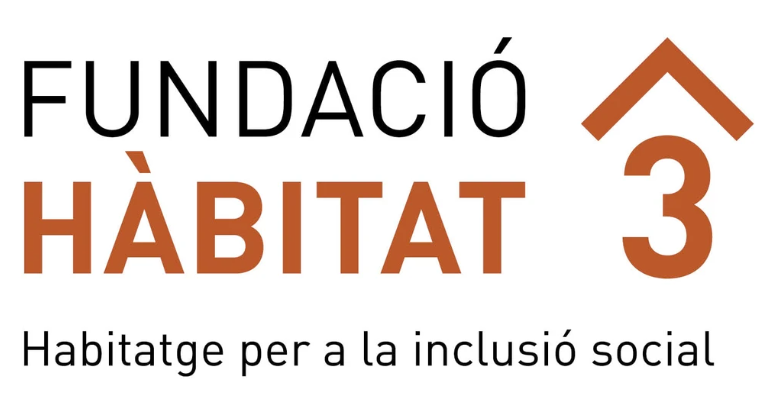
Banc d’innovacions

